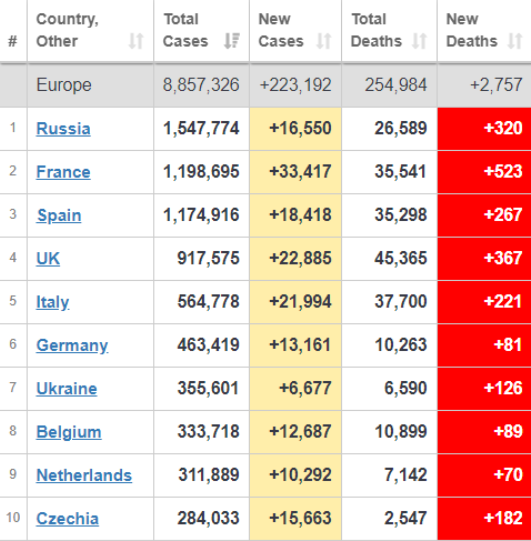The positive dynamics of morbidity in Ukraine over the last eight months have been driven by pathological bad thinking, wacko algorithms (courtesy of the Kyiv School of Economics), formulations of set theory without variables, kooky mitigation models for flattening the curve, magical epidemic fantasies, irredeemable health officials, pandemic politics and false assumptions promulgated by poorly calibrated agents with bad ideas who abandoned the precautionary principle.
The result isn't unlike a horrible accident, except it’s been caused by an unemployed actor in Kyiv desperate for attention and applause. You want to laugh and be entertained, but you also want to avoid becoming a victim of COVID-19.
Which brings us to the Zollman Effect, which posits that groups with more network connections will be generically less likely to arrive at a correct consensus. The group needs to entertain all the possible options long enough to gather good evidence and settle on the best one. In tightly connected networks, misleading evidence is widely shared, and may cause the community to pre-emptively settle on poor theories. Like in Ukraine under President Volodymyr Zelensky.
(to be continued)





